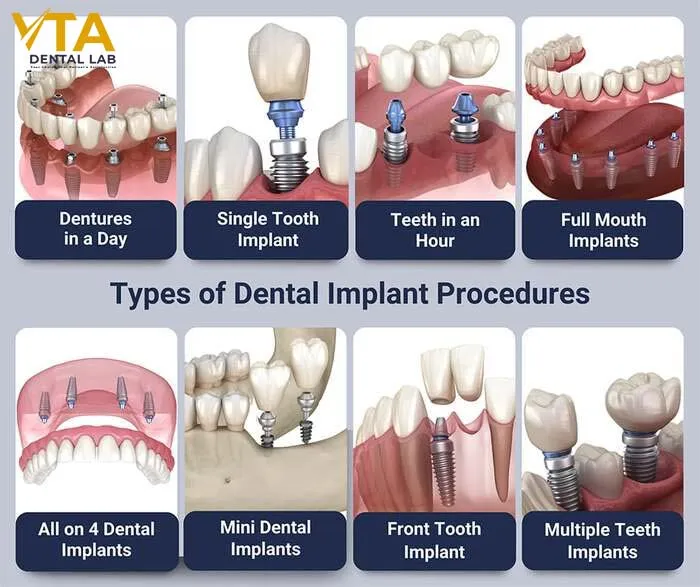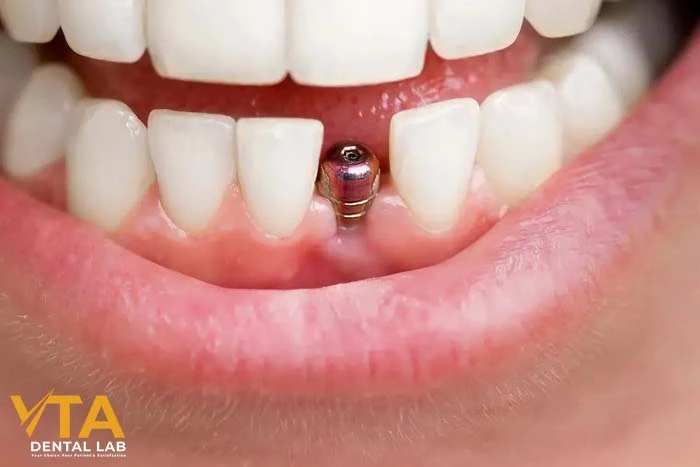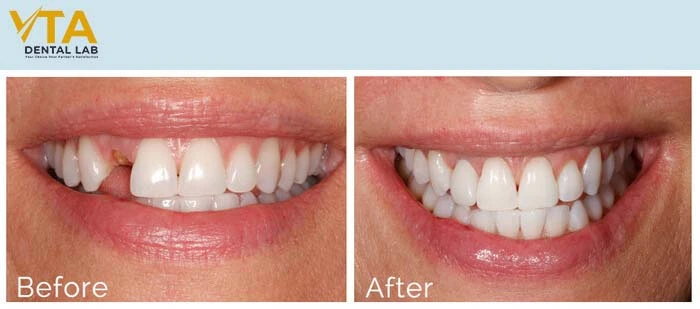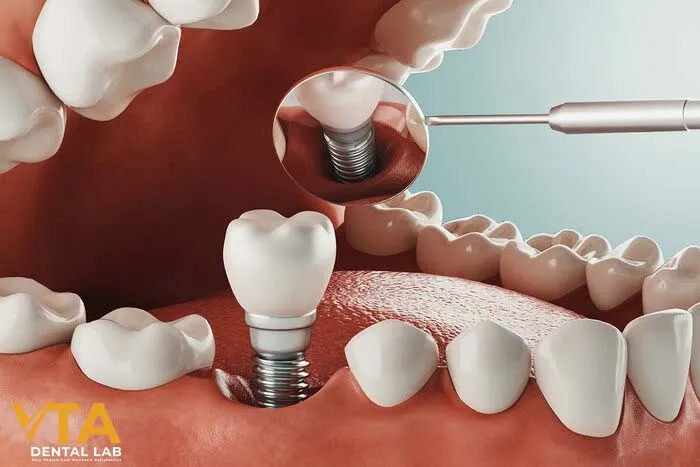Dental Implants Cost Breakdown: Find Out What You’ll Pay
When considering tooth replacement options, dental implants cost is a crucial factor that many patients evaluate. Dental implants are renowned for their durability and natural appearance, offering a long-term solution to missing teeth. However, understanding the various elements that influence the cost is essential for making an informed decision. In this article, we will explore the factors affecting dental implant costs, ensuring you have all the information you need for a successful dental restoration journey.
The Dental Implant Procedure
Dental implants are artificial tooth roots made of biocompatible materials, typically titanium or zirconia, designed to replace missing teeth. They are surgically placed into the jawbone, where they fuse with the bone through a process called osseointegration. This bond creates a stable foundation for supporting a dental prosthesis, such as a crown, bridge, or denture, allowing implants to function much like natural teeth.

For more detailed information about the dental implant procedure, please refer to our dental implant information page
How much do dental implants cost?
A single dental implant’s price is influenced by several specific components, often ranging from $3,000 to $5,000 or more. Here’s a breakdown of the main factors contributing to the dental implant cost:
- Implant Post – $1,000 to $3,000: This titanium or zirconia screw anchors into the jawbone, acting as a root for the new tooth. Titanium is the most common and typically more affordable than zirconia, though zirconia can be preferable for certain patients.
- Abutment – $300 to $600: The abutment is a connector between the implant post and the crown. It’s custom-fitted to ensure stability and is often made of titanium or ceramic.
- Crown – $1,000 to $3,000: The crown, the visible part of the implant, is usually made from porcelain or zirconia for durability and aesthetics. Higher-end materials, such as zirconia, can increase the cost.
If a patient lacks sufficient bone density, bone grafting may be required. Minor grafts are less costly, while extensive grafting can increase expenses significantly. This cost typically ranges from $200 to $3,000.

The factors affecting dental implants cost
The dental implant cost is influenced by several factors, making each case unique. Here are some key factors that can impact the total cost:
- Number of Implants: Getting a single implant is generally cheaper than getting multiple implants, or a full arch (such as All-on-4 or All-on-X)
- Materials Used: The implant made of titanium is the most common and cost-effective; zirconia implants are newer technology and tend to be more expensive
- Location and Experience of the Dental Practice: Costs vary significantly based on geographic location and the experience of the dentist or oral surgeon. Experienced specialists and practices in larger cities may charge more than those in smaller towns.
- Implant location: Implants in difficult-to-reach areas of the mouth might require sinus surgery, which will increase your costs.

The Benefits of Dental Implants
Dental implants offer numerous outstanding benefits, making them one of the most effective solutions for replacing missing teeth. First, implants are highly durable, often lasting a lifetime with proper care, which makes dental implants cost effective option compared to traditional methods that may require frequent replacement. Additionally, when teeth are missing, the jawbone can gradually deteriorate, leading to changes in facial structure.
Another thing to consider is that dental implants also restore full chewing function, enabling patients to enjoy a wide range of foods without discomfort and improving speech clarity. With a natural appearance and custom design to match the color and size of surrounding teeth, dental implants blend seamlessly into the smile, boosting confidence.

Does insurance cover dental implants?
Traditional dental insurance companies consider dental implants an optional treatment, and therefore, they do not cover the associated costs. However, this has gradually been changing in recent years, with coverage improving and reimbursement amounts increasing annually.
Currently, dental insurance often pays a portion of the total cost of implants. The reimbursement rate can vary depending on the procedure. If you have insurance, you can expect to be reimbursed around $1,500 for each implant.
Make sure to check with your insurance company or your insurance manager before starting the procedure. This will help you gain a better understanding of the costs you will be responsible for.

Conclusion
Understanding these factors helps patients estimate the cost and plan appropriately for their dental restoration procedure. Dental implants provide a natural-looking smile and long-lasting results. If you have dental insurance, a portion of the implant cost may be covered, and even without insurance, there are still ways to save.